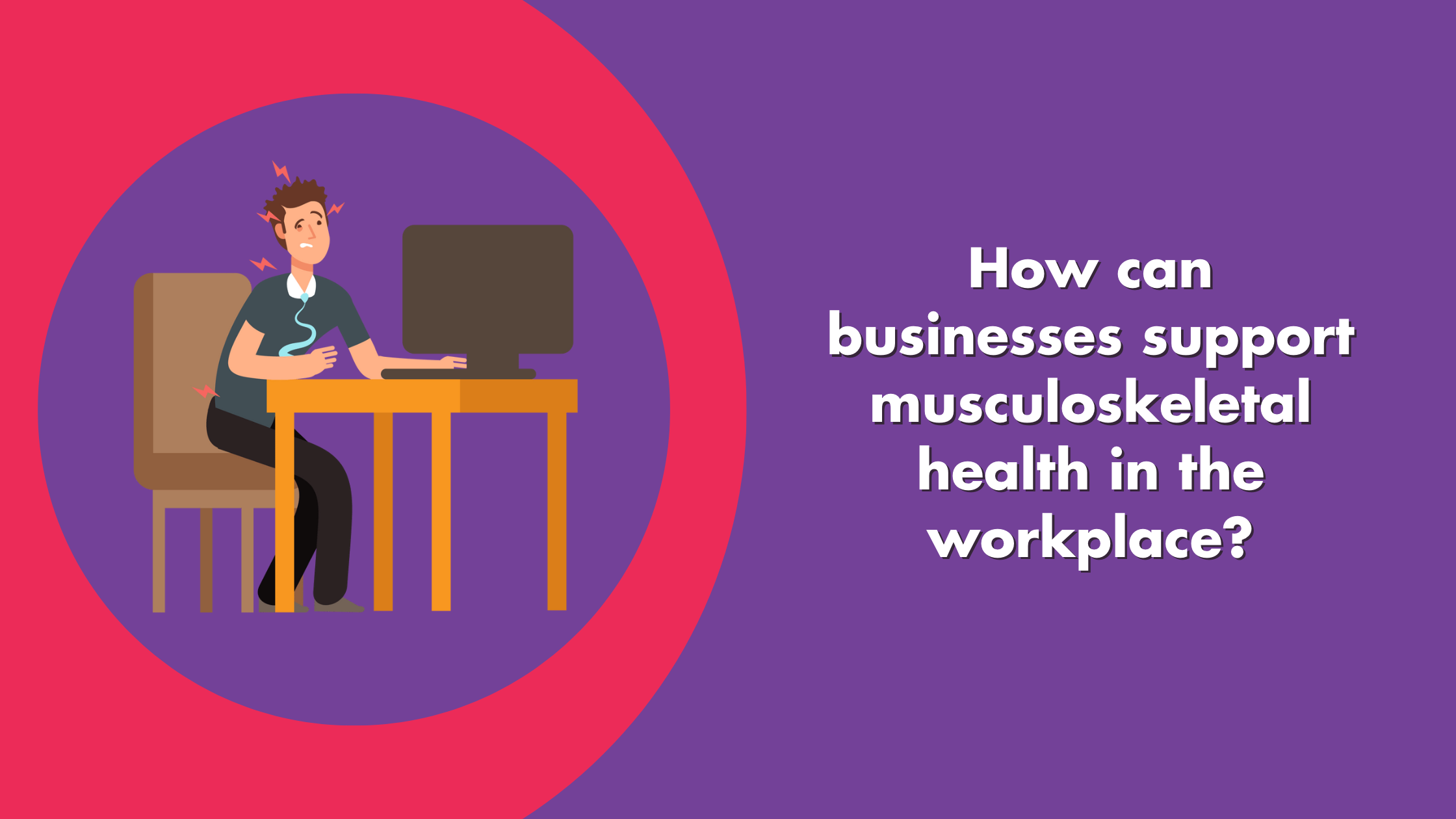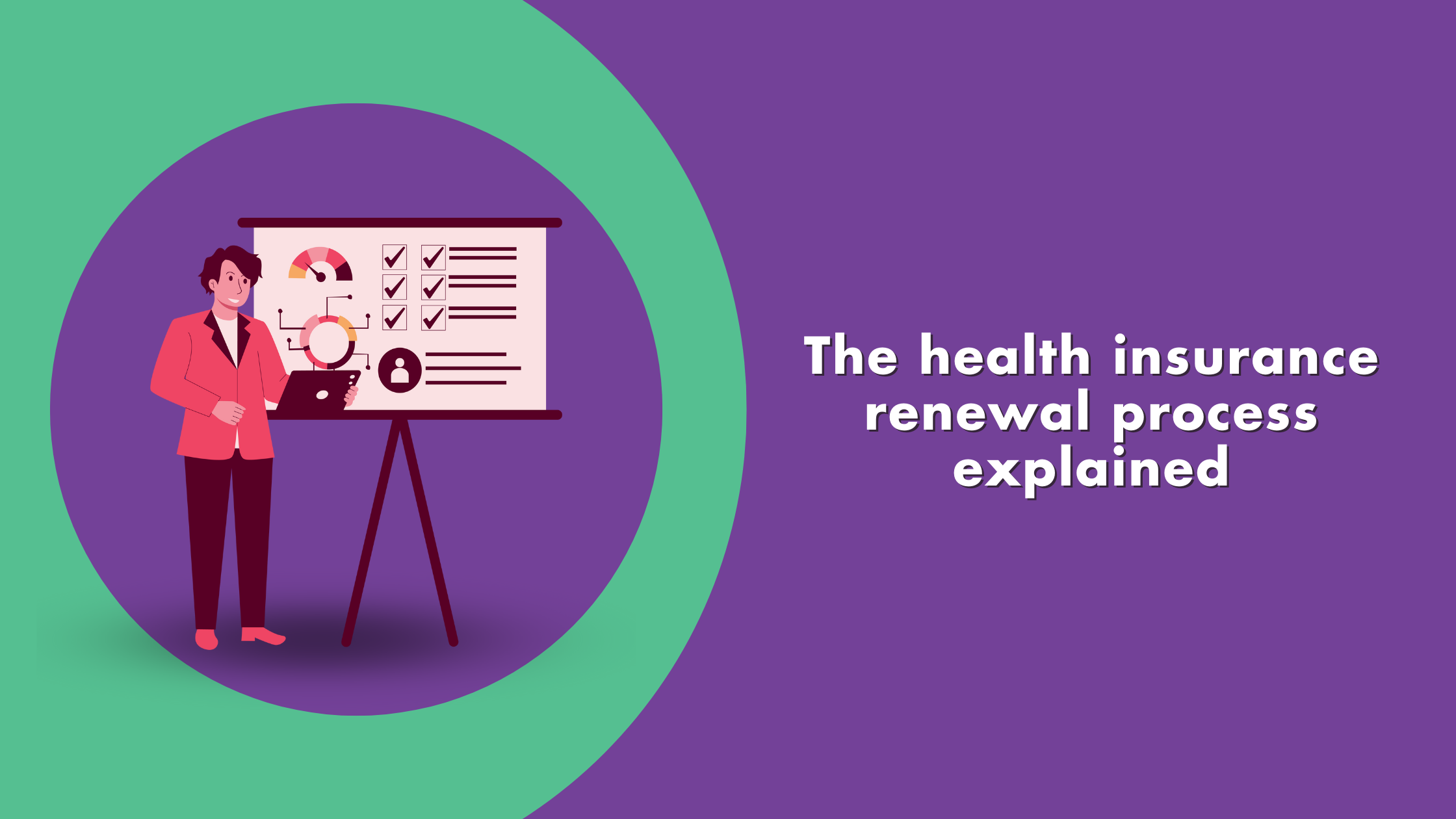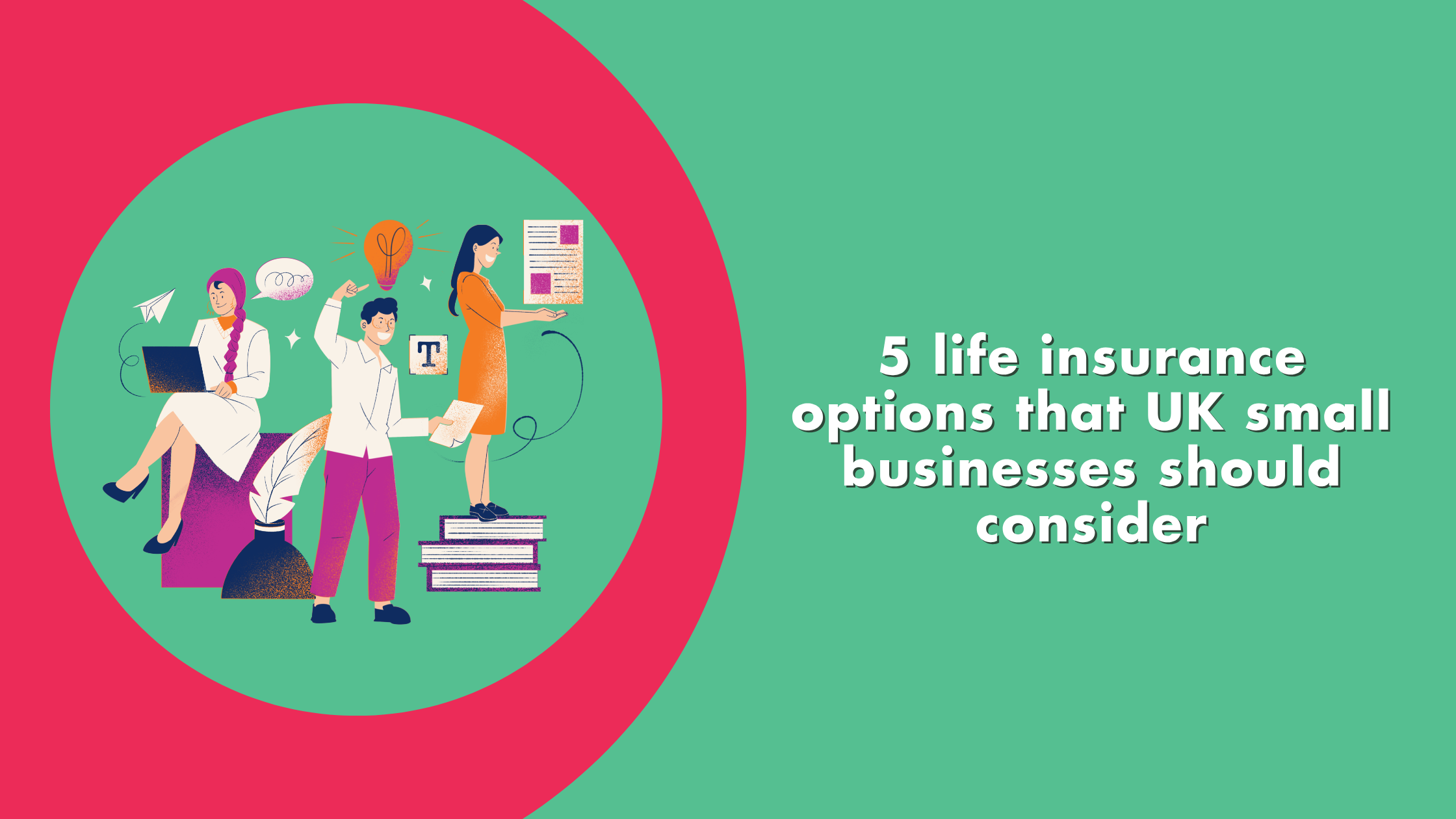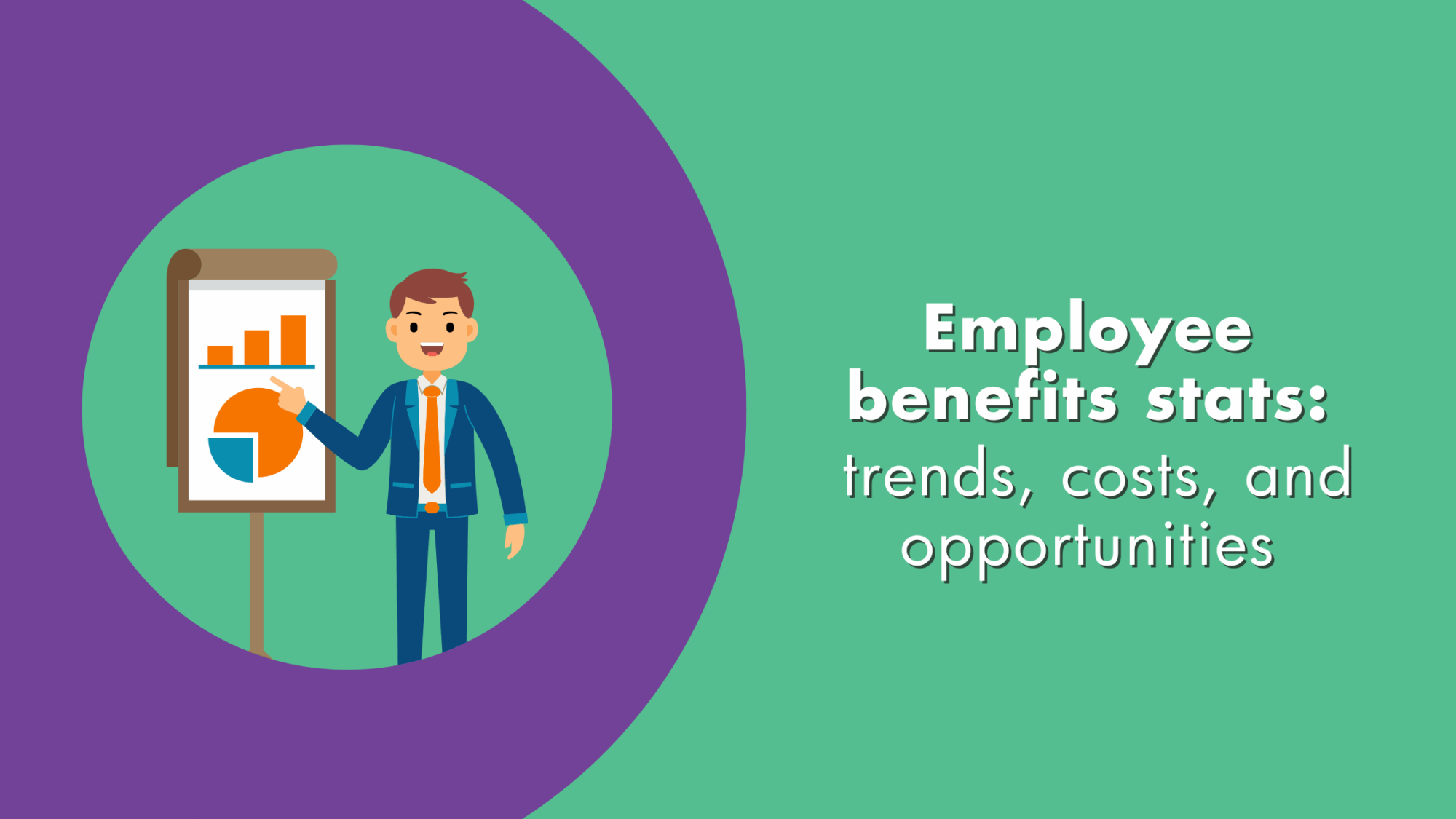Musculoskeletal (MSK) disorders were responsible for 7.3 million lost working days in 2021-22. So what is a musculoskeletal disorder? And what can businesses do about it?
This articles answers these questions and more…
Need help finding the right employee benefits to support the health of your staff? Give our friendly award-winning brokers a call on 01273 222805 or drop us an email at hello@hoorayinsurance.co.uk.
What is musculoskeletal health?
Poor musculoskeletal health is defined as injury to the muscles, joints, and tendons in all parts of the body. This is caused by sudden or gradual exposure to repetitive motion, force, vibration, or even awkward positions. The pain can be mild or severe, short-term (acute) or longer term (chronic).
According to the WHO, there are more than 150 types of MSK disorder, including:
- Back pain
- Shoulder pain
- Neck / arm strain
- Joint pain / clicking
- Limited mobility / movement
- Stiffness
- Tenderness
- Swelling
What causes poor musculoskeletal health?
We can all feel various aches and pains at some point during our lives, but suffering from MSK disorders can truly impact your everyday quality of life and ability to work.
Getting to the root cause of musculoskeletal health problems in the workplace is the best place to start.
Possible workplace perils include:
- Poor workplace ergonomics (e.g. poor desk set-up or lack of back support offered by chair)
- Heavy lifting
- Repetitive movements (e.g., keyboard usage)
- Stress (mental stress can lead to muscle tightness)
- Sitting or standing in awkward positions (related to sitting posture or tasks involving a lot of bending/kneeling)
- Spending long hours at a desk
- Lack of movement during working day
- Bad posture
To name a few!
What does bad musculoskeletal health mean for businesses?
Musculoskeletal disorders are not only pretty terrible for your staff, it’s bad for business too. MSK was the third highest cause of sickness absence in 2022 leading to an increase in long-term absences, lower productivity levels, and an increase in presenteeism (AKA, people unable to perform at their best).
Just last year, there were 470,000 workers suffering from musculoskeletal health in the workplace according to NHS data!
What can employers do to help their staff?

Practical actions employers can take:
It’s vital that employers focus on prevention and early intervention rather than dealing with MSK after it’s become a much bigger issue. This means taking a fresh look at workplace practices and getting to the root of the issue by:
- Regularly checking workplace absence data and accident books to spot trends
- Reviewing risk assessments regularly – yes, every business should have one!
- Providing staff with information and practical advice on healthy working practices
- Assessing work stations, both in the company office and home office – are they ergonomic?
- Encouraging your staff to move more regularly – consider walk and talk meetings, encourage stretching at the desk, encouraging taking a walk at lunch or walking to work.
- Considering appointing someone as a health and wellbeing ambassador
- Offering regular health and wellbeing conversations with staff, whether as a group meeting or one-to-one.
Employee benefits which can help:
There are different types of employee benefit and health insurance which can help with musculoskeletal health in the workplace, including:
- Health Cash Plans: This often overlooked form of health insurance specialises in assisting with everyday health and wellbeing needs, which includes things like physiotherapy, osteopathy and acupuncture. Learn more about Health Cash Plans.
- Business Health Insurance: A Group Health Insurance scheme can include access to a variety of healthcare professionals, including some of those mentioned above. On top of that, they will offer support for a wider variety of treatment needs and may come packaged with an EAP (see below). Learn more about Business Health Insurance.
- Online benefits platforms and apps: Many of these come with exercise prompts and tips, which are especially designed for workers. Read more about benefits platforms.
- Employee Assistance Programmes (EAPs): Although best known for providing support for mental health and emotional issues, many EAPs come packaged with support for broader healthy living. For example, Telus Health’s EAP includes fitness challenges and health assessments, amongst other resources. Learn more about EAPs.
- Mental health services: People suffering with chronic pain are also likely to suffer psychologically, so access to mental health support, whether via an EAP (see above) or a wider health insurance programme, will be much needed. Read our guidance on mental health services for the workplace.
- Group Income Protection: As well as providing extra financial support to employees beyond sick pay, it will also include rehabilitation services which help staff recover faster from any musculoskeletal problems covered in the plan. Read more about how Group Income Protection works.
Create a strategy to tackle aches, pains and strains
Addressing musculoskeletal health in the workplace will reduce absenteeism, boost productivity, and create a healthier workforce. So, why not incorporate it into your wellbeing strategy? Businesses need to come up with a plan to identify the causes of poor health, address any risks and ensure help is at hand should an employee become affected.
If you need expert advice on issues surrounding health insurance, cash plans, EAPs and other employee benefits; the Hooray team is here to help. We provide advice completely FREE of charge and deliver quotes for any policies you wish to implement without any obligation to take things any further.
Contact us at hello@hoorayinsurance.co.uk or call 01273 222805 for FREE no-obligation advice and support.
Author

Author: Eleanor Chilvers








![_HPA24 Advice Firm of the Year [YELLOW] _HPA24 Advice Firm of the Year [YELLOW]](https://hoorayinsurance.co.uk/wp-content/uploads/elementor/thumbs/HPA24-Advice-Firm-of-the-Year-YELLOW-qwfw5zs3ef19fjq6cnwf697rj9gwqbf8o6443qptg0.png)
![_HPA24 Best Small Health Insurance Advice Firm [YELLOW] _HPA24 Best Small Health Insurance Advice Firm [YELLOW]](https://hoorayinsurance.co.uk/wp-content/uploads/elementor/thumbs/HPA24-Best-Small-Health-Insurance-Advice-Firm-YELLOW-qwfw5yu97kzz3xrji5hslrgaxvljimbic1gmmgr7m8.png)
![_HPA24 Best Sales & Retention Advice Team [YELLOW] _HPA24 Best Sales & Retention Advice Team [YELLOW]](https://hoorayinsurance.co.uk/wp-content/uploads/elementor/thumbs/HPA24-Best-Sales-Retention-Advice-Team-YELLOW-qwfw5yu97kzz3xrji5hslrgaxvljimbic1gmmgr7m8.png)
![_HPA24 Best Small Protection Advice Firm [YELLOW] _HPA24 Best Small Protection Advice Firm [YELLOW]](https://hoorayinsurance.co.uk/wp-content/uploads/elementor/thumbs/HPA24-Best-Small-Protection-Advice-Firm-YELLOW-qwfw5zs3ef19fjq6cnwf697rj9gwqbf8o6443qptg0.png)